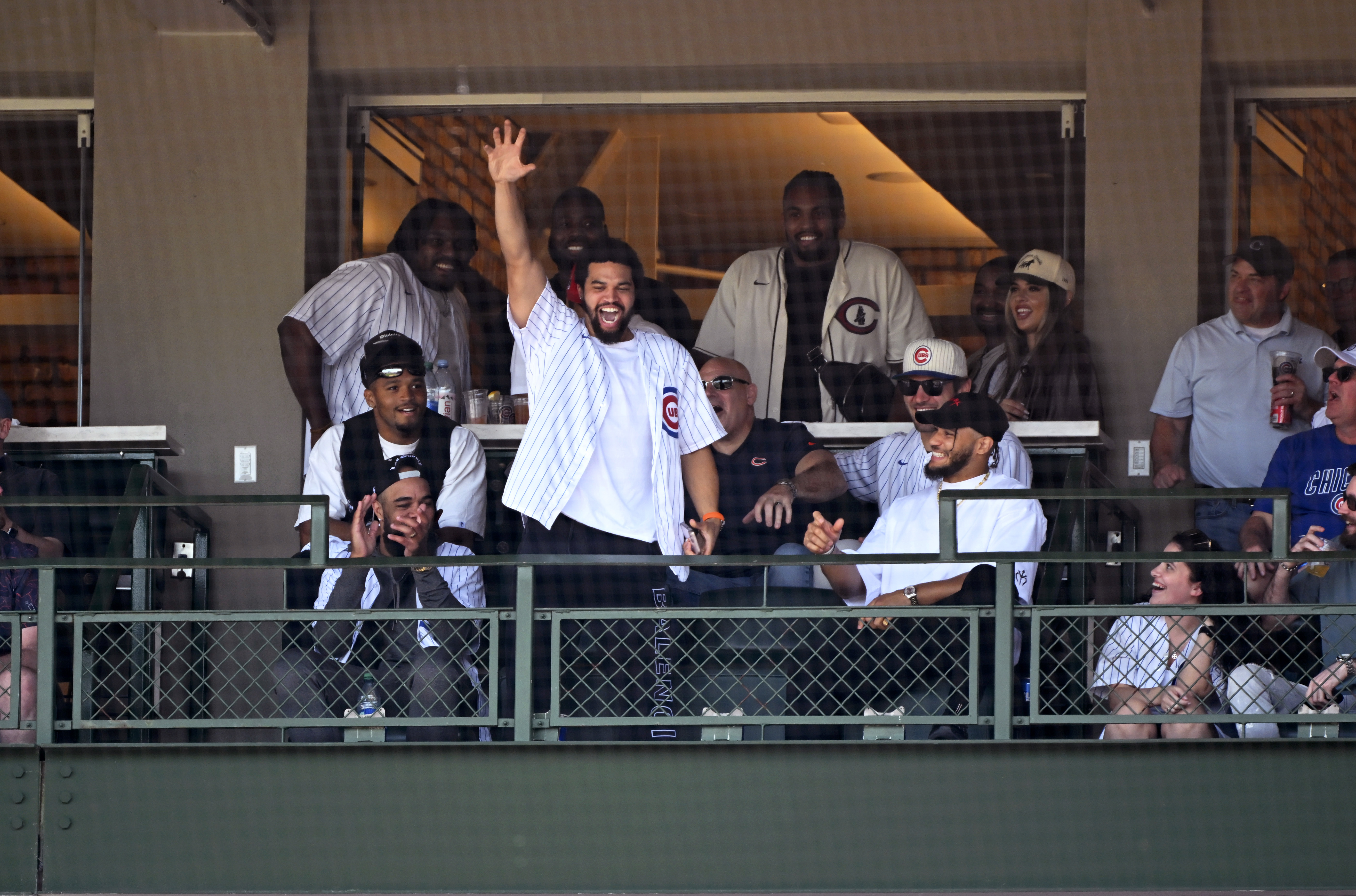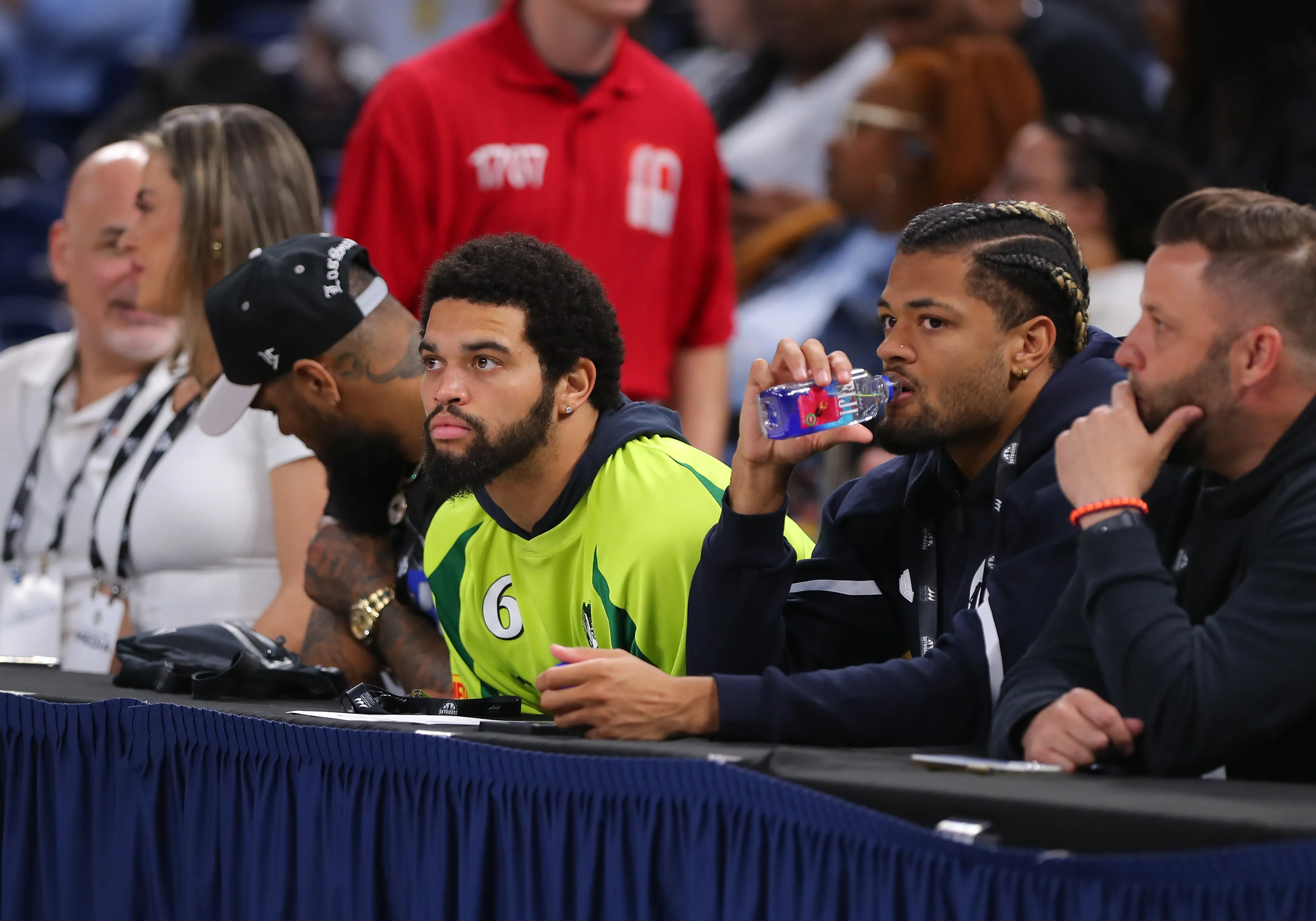83,345 fans at MetLife Stadium, along with a recording-breaking ESPN "Monday Night Football" audience of 22.6 million viewers, witnessed the New York Jets enter a newfound era of hope with Aaron Rodgers at the helm.
Now, a question worth asking is whether or not they witnessed the final down of Rodgers' Hall-of-Fame career.
The star quarterback suffered an Achilles tear four plays into the Jets' first possession of the season, exiting the game with more than 11 minutes remaining in the first quarter. While Rodgers attempted to roll out to avoid a sack by Buffalo Bills lineman Leonard Floyd, his foot planted awkwardly on the turf before he was taken down.
Stay in the game with the latest updates on your beloved Chicago sports teams! Sign up here for our All Access Daily newsletter.
Rodgers had famously contemplated retirement at a four-day "darkness retreat," this past offseason. At 39 years old, it's reasonable to think the oldest player in the NFL might revisit the decision to hang it up after a season-ending injury.
If treated properly, an Achilles injury can take 4 to 6 months to heal before people can return to normal activity. For professional athletes, it can take a year or more for athletes to be back in full form.
Additionally, the risk of a recurrent rupture increases. The returning athlete may have reduced strength and endurance by as much as 30% compared to uninjured players.
A study presented at the 2017 AOFAS Annual Meeting found that it took NFL players an average of nine months to recover following the injury and that 26% of the 78 players who suffered a ruptured Achilles from 2010 to 2015 did not play again.
Bears News
While retirement is a logical option facing Rodgers at this stage of his career, we must remember that Hall-of-Fame quarterbacks do not think like the rest of us. Rodgers, especially, does not think like the rest of us. We know what the four-time MVP has sacrificed in his life to reach the top of the mountain. It would be foolish to think he's not willing to put his mind and body through the ringer once more.
"I'd be shocked if this is the way he's going to go out," Jets head coach Robert Saleh said Wednesday.
Incentives for a comeback include hitting 500 career passing touchdowns (he's at 475) and passing Brett Favre on the all-time passing touchdowns list.
Though a refusal to go out in such devastating fashion with a torn Achilles in his New York Jets debut is probably incentive enough.


